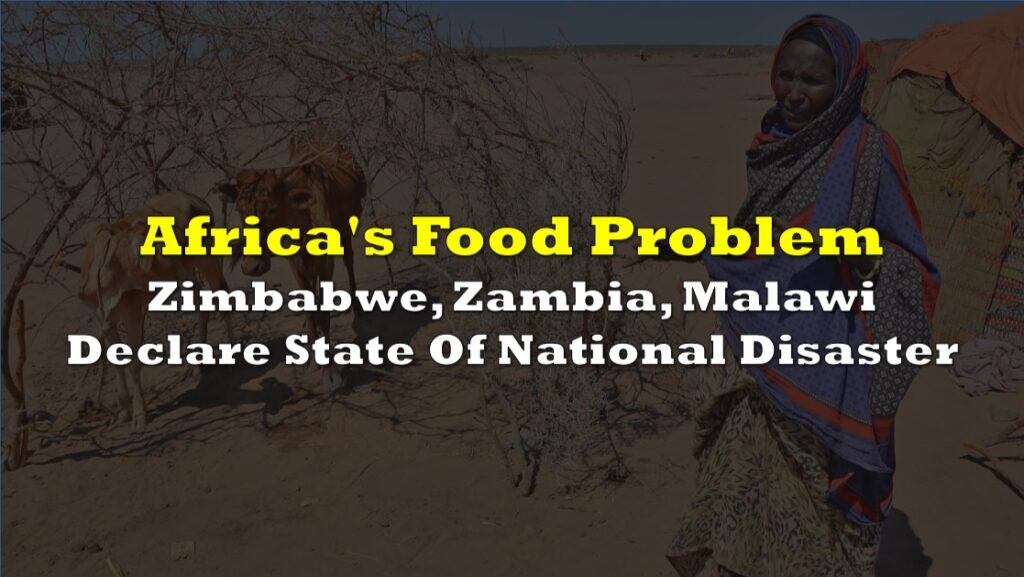Zambia’s government is considering new minerals regulation that could significantly impact the country’s copper production ambitions. The proposed legislation has sparked a heated debate, with industry bodies warning that it could deter investment and hinder plans to increase copper output.
The Minerals Regulation Commission Bill aims to provide the government with a shareholding in exploration areas before granting licenses to search for minerals, including copper. This provision would enable the Zambian government to acquire stakes in mining ventures at the exploration stage.
Additionally, the bill seeks to grant the Minister of Finance the right to maintain a shareholding in mining licenses on behalf of the government if minerals are discovered.
Zambia just announced some interesting potential mining regulations.
— Brandon Beylo (@marketplunger1) August 8, 2024
"The proposed law would give the nation's minister of finance the right to maintain shareholding in a mining license on behalf of the government if minerals are found."
Good luck attracting capital!#copper pic.twitter.com/JfLxlStwqE
The Zambia Chamber of Mines (ZCM) and the Association of Zambian Mineral Exploration Companies (AZMEC) have voiced strong opposition to the proposed bill. In a joint statement, they warned that the bill could “drive up the perception of investment risk” in Zambia. They specifically criticized the prospect of “forced ‘free carry’ acquisitions” by the state, arguing that it would undermine property rights and discourage foreign investment.
“Unfortunately, due to … the prospect of forced ‘free carry’ acquisitions by the state of stakes in new ventures, this bill will seriously undermine property rights,” the mining industry bodies stated. They also expressed concerns about the bill granting “unaccountable and arbitrary discretionary decision-making powers to individual regulators,” which they believe could lead to corruption.
President Hakainde Hichilema’s administration has been working to attract more investors to boost copper production. The government aims to increase copper output to about three million tons annually over the next decade.
Zambia, the second-largest copper producer in Africa, has faced challenges in maintaining its production levels. According to the ZCM, copper output dropped to 698,000 tons in 2023 from 763,000 tons in 2022. The government has made significant efforts to revitalize the sector, including returning Konkola Copper Mines to Vedanta after it was seized by the previous administration in 2019.
Major mining companies like Barrick Gold and First Quantum Minerals have announced plans to expand their operations in Zambia. However, the proposed legislation has raised concerns about the future investment climate. The United Arab Emirates’ International Resources Holding (IRH) recently pledged $1.1 billion to expand output at Mopani Copper Mines after acquiring a 51% stake previously owned by Glencore.
Information for this story was found via Reuters and the sources and companies mentioned. The author has no securities or affiliations related to the organizations discussed. Not a recommendation to buy or sell. Always do additional research and consult a professional before purchasing a security. The author holds no licenses.









